FAQ
What kind of projects will ESD students be undertaking during pillar years (Term 4 to Term 8)?
These are the major course and capstone projects ESD students will undertake during pillar years:
Term 4:
Data and Business Analytics: Your first ESD project is with a real client from industry or government and typically involves mining a large corporate data set for business insights and making recommendations to the client.
Term 5:
Complete a 2D project that integrates the core concepts from Manufacturing and Service Operations and Engineering Systems Architecture. You will be challenged to design and develop subsystems for an Enterprise Resource Planning (ERP) system and then combine these subsystems into a cohesive whole.
Term 6:
Simulation Modelling and Analysis: Identify and analyse complex engineering systems using simulation models, and critically evaluate competing design alternatives using appropriate statistical techniques.
Term 7 & Term 8:
Capstone : You will work with students from different Majors to work in design teams, contributing respective expertise and skills to solve real-world challenges.
What specialisations are available within ESD? Can I complete more than one specialisation?
The ESD undergraduate programme has been designed with flexibility in mind, so that students can customise their courses to suit their interests and future careers. This flexibility gives you the chance to customise your degree and specialise in the following ESD specialisation tracks :
- Aviation Systems
- Business Analytics & Operations Research
- Financial Services
- Supply Chain & Logistics
With proper study plan, ESD students may complete more than one specialisation track. Pursuing specialisation is optional.
For more details, please refer to ESD Specialisation tracks.
What skills does ESD modules equip the students with and what are the career prospects for ESD graduates?
ESD students will graduate with an analytical mindset when dealing with problems of business and operations, supplemented by the orientation toward design. You will be experienced in communicating and working with clients, and presenting your technical ideas effectively and persuasively. You will be skilled at transforming data into models and using those models to influence major decisions.
ESD graduates are prepared for a wide range of engineering and management careers in a variety of industries, namely system/business analysts, operations managers, and project leaders in both the private and public sectors, including healthcare, banking, manufacturing, supply chain, energy, transportation, and entertainment and hospitality.
Your career progression depends on the industry, company, and activity. For example, in a consulting company, you might expect to follow the path of “analyst-consultant-partner,” in a business you might follow “analyst-manager-director,” in an engineering firm you might follow “engineer-leader-manager-director,” and so on.
What is ESD about?
The study of engineering systems concerns the design, planning, and operations of large scale complex systems. Examples of engineering systems include transportation systems, supply chain and logistics, defence systems, energy systems, financial services and healthcare systems.
The ESD undergraduate degree delivers a programme that is broad, with opportunities for acquiring in-depth knowledge in specific application areas. The ESD core consists of rigorous methodology courses, which provide the technical foundation necessary to design, analyse, and optimise systems. Students supplement this core by choosing from a variety of elective courses depending on their interests. They may also specialise in specialisation track(s) by choosing the elective courses related to the track.
For more details, please refer to ESD Undergraduate programme.
How does ESD differ from the other pillars at SUTD?
All of SUTD’s degrees are significantly broader than their counterpart degrees in traditional universities. To distinguish the differences between ESD and the other degrees offered in SUTD, most notably, Engineering Product & Development (EPD) and Information Systems Technology and Design (ISTD), it is best shown through an example.
Consider the specific challenge of delivering and deploying plug-in electric vehicles (PEV) widely throughout Singapore. Compare how the EPD, ESD, and ISTD pillars address the various components of this application:
- EPD –
Design the car for aerodynamics & comfort; design the vehicle’s engine and drive train; simulate and analyse the safety crash test; design and test a high capacity, efficient battery system. - ESD –
Design the optimal charging policy given the battery technology; analyse the effect of surge energy demands after rush hour; design charging schedule based on dynamic pricing of electricity; analyse life-cycle carbon-footprint of PEV; determine optimal location for charging stations given traffic flow patterns. - ISTD –
Design and implement car software, mobile device integration, status interface, heads-up display, and secure communication protocols both within the vehicle and between vehicles.
In general, ESD focuses on the logic that organises and coordinates complex systems. This logic is rooted in modelling, analysing, and optimising the systems toward an efficient, productive, and cost-effective solution.
How is design incorporated into ESD?
What would help me to decide if I should choose ESD?
If you are someone who likes to explore data, analyse problems, connect the dots, and drives better strategic and operational decisions, you would want to choose ESD.
In addition, if you loves Maths and want to experience the thrill of applying mathematics to practival problems, use abstraction and generalization to make sense of engineering systems, and work with real clients on real problems, ESD will be the right programme for you too!
